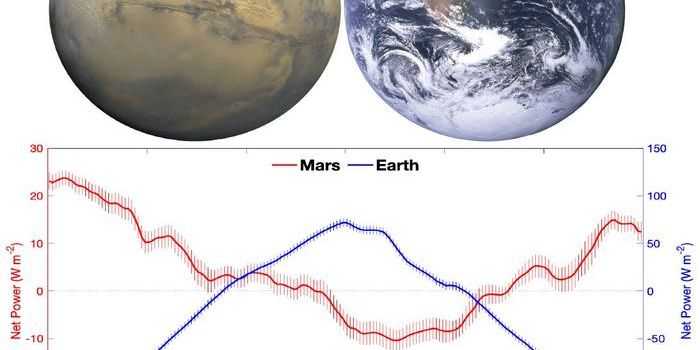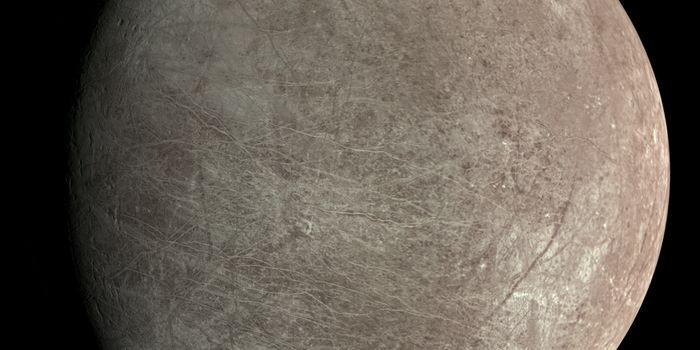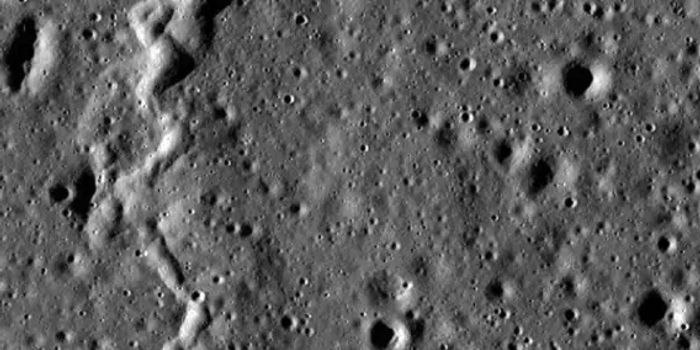Historic Fire Regimes and Lake Core Sediments | Kerri Minatre, PhD Candidate at the University of Nevada, Reno | Grad Student Highlights
Kerri at the Desert Research Institute. (Credit: Kerri Minatre)
Kerri Minatre is a first-gen, non-traditional, 4th-year PhD Candidate in the Ecology, Evolution & Conservation Biology program at the University of Nevada, Reno. This comes after earning a Bachelor’s Degree in Anthropology from the University of Missouri-Columbia, followed by a Master’s Degree in Ecology from Colorado State University. Minatre says that while her academic path has been somewhat non-linear, she has embraced the experience she has gained from a multitude of disciplines.
“My father worked for the State Department when I was growing up, so I was raised in the Philippines, South Africa, and Germany, with brief stints in Washington DC between postings,” says Minatre. “Growing up overseas influenced me to study Anthropology originally, but different work experiences such as tracking bighorn sheep in Wyoming and Montana and doing soil and vegetation surveys broadened my interests and I was really looking for interdisciplinary programs for graduate school.”
Minatre’s current research project uses infrared spectroscopy to infer the combustion temperatures of charcoal from wildfires. Her goal is to be able to reconstruct historic fire regimes from charcoal removed from lake core sediments. She says they are also attempting a novel approach for this technology with the goal of determining soil repellency, or how soil reacts to certain temperatures.
Minatre recognizes her parents as inspirational figures who helped her realize this was the path she wanted to pursue.
“When I first moved back to the United States in high school, my parents took me on a road trip to Yellowstone and Glacier National Parks,” says Minatre. “This was quite a few years after the historic 1988 Yellowstone fires, and you could still see the impacts to the ecosystem. I had never seen anything like it and started my obsession with fire. Monica Turner’s research that was done after the Yellowstone fires made me realize how some ecosystems evolved with these large-scale disturbances (although this all changes with climate change). For my master’s research I was able to work with the Rocky Mountain Research Station in Fort Collins and work on a project using biochar for rehabilitation of a post-wildfire site, which really solidified my love for working in fire ecology.”
While Minatre says she had initial plans of stopping her academic career after earning her master’s degree, but realized after starting work at the Desert Research Institute (DRI) that she desired more control over projects she both worked on and the colleagues she worked with. She says her current advisor, Monica Arienzo, and previous co-advisor, Adam Watts (who now works at the Forest Service), were pursuing their first student and inquired if she’d be interested in applying to the program and working for them.
Fall 2022 Klamath Prescribed Fire Training Exchange in Orleans, CA located in Karuk Territory. (Credit: Kerri Minatre)
“I chose EECB and DRI because I really like the interdisciplinary aspect of it,” says Minatre. “You have faculty from many different fields, and I think this enables better collaborative opportunities for students.”
As far as issues facing graduate students in her field, Minatre notes that dropping the GRE and application fees have allowed for greater inclusivity, but says “it still feels like we have a long way to go.”
“Another is paying graduate students a living wage,” says Minatre. “In some European countries, graduate students are paid as if they are employees, with wages and benefits befitting their experience. It is really difficult as a non-traditional student without additional financial help to go back to school on such a low salary. The leaky pipeline for women is also a huge issue in academia, and although steps have been taken to address sexual harassment and discrimination, again it has a long way to go.”
As far as post-PhD aspirations, Minatre says she’s enjoying her wildfire work, noting her recent training with the Klamath Prescribed Fire Training Exchange (KTREX), since it allows her to gain more experience in prescribed burning and working with local tribes and individuals from different backgrounds.
“I would love to get more involved in the prescribed fire realm and also be able to do research that informs land managers on both wildfire and prescribed fire,” says Minatre. “The fire world has been traditionally male, and I think it is important that women and indigenous peoples have more of a voice at the table.”
As always, keep doing science & keep looking up!
About This Series: This interview series is focused on the graduate student experience across all STEM fields that allows them to get their research, or corresponding graduate coursework, out in front of a large global audience and share their experiences in graduate school. Our goal is to inspire the next generation of STEM students to pursue graduate studies for a myriad of disciplines, and we hope you enjoy reading these amazing stories! If you'd like to be featured in this series, feel free to send an email to laurence.tognetti@labroots.com, Subject Line: Grad Student Highlights Interest!













